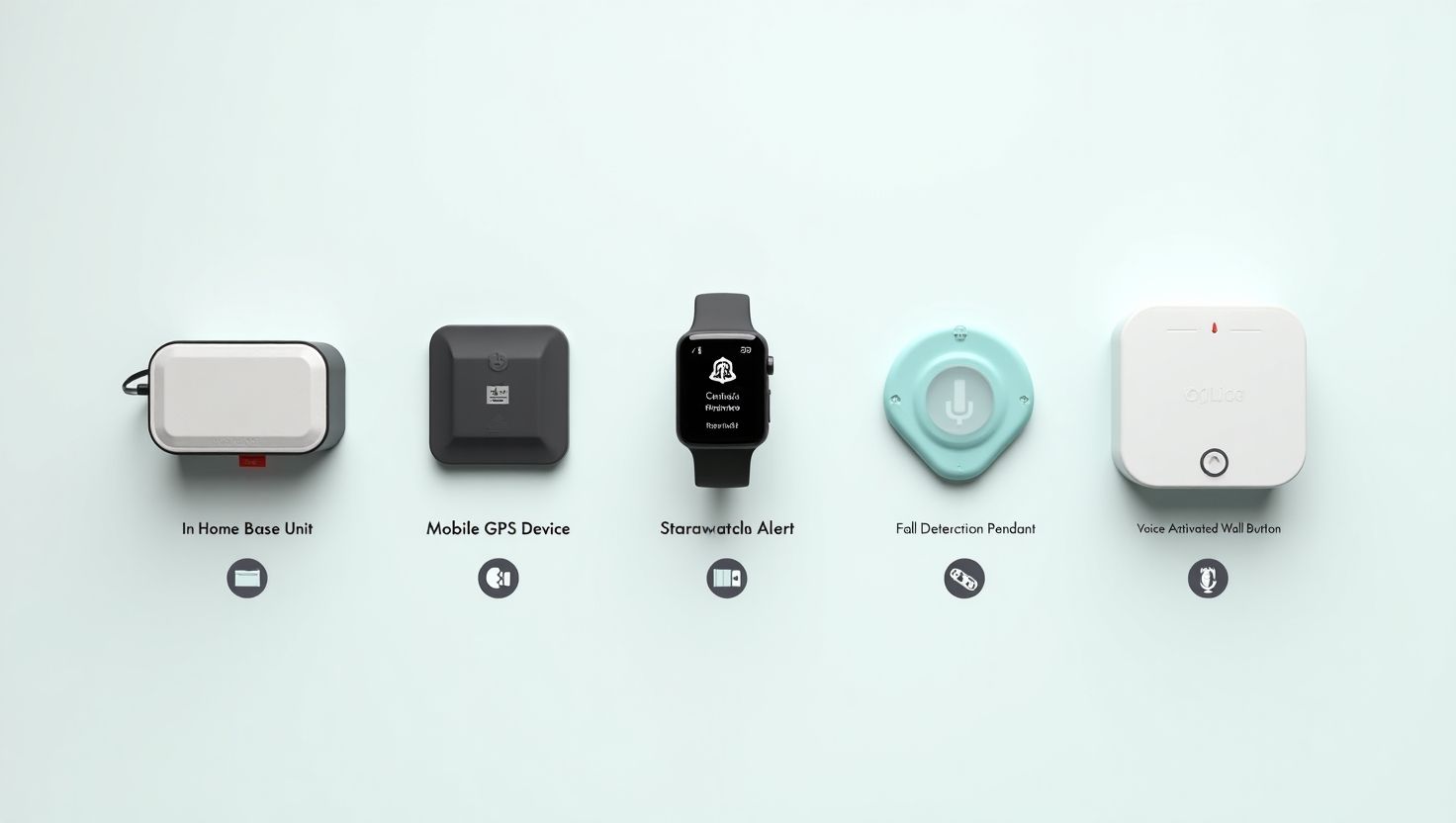Medical Alert Systems: How They Provide Peace of Mind for Retirees
As people age, the need for safety and security becomes a priority, especially for retirees living alone or with medical conditions. Medical alert systems provide a practical solution that empowers retirees to live independently while ensuring they have access to help during emergencies. These systems are more than just gadgets—they are a lifeline that offers peace of mind for both retirees and their families.
What Are Medical Alert Systems?
Medical alert systems are devices designed to signal for help when needed, typically through a push-button pendant or wristband. When activated, these systems connect the user to a monitoring center, where trained professionals assess the situation and dispatch emergency services if necessary. Modern systems may also feature automatic fall detection, GPS tracking, and two-way communication, making them versatile tools for retirees.
The Importance of Medical Alert Systems for Retirees
For retirees, especially those with health concerns, medical alert systems serve as an essential safety net. The possibility of falls, heart attacks, or other emergencies can be worrying, but having an alert system reduces these concerns. Here’s how these systems contribute to peace of mind:
- Immediate Assistance: In the event of an emergency, quick response time is crucial. Medical alert systems provide instant access to help, ensuring that retirees aren’t left waiting for assistance.
- Enhanced Independence: Many retirees prefer to stay in their own homes rather than move into assisted living facilities. Medical alert systems allow them to maintain their independence while knowing that help is just a button press away.
- Family Reassurance: Family members often worry about their elderly loved ones, especially if they live far away. With a medical alert system in place, they can rest easier knowing that their relative has access to emergency support at any time.
- Health Monitoring Features: Some advanced medical alert systems come with health monitoring capabilities, tracking vital signs like heart rate or blood pressure. This can help retirees manage chronic conditions more effectively.
- GPS and Mobility Support: For active retirees who still enjoy going out, systems equipped with GPS provide location tracking. This feature is particularly beneficial for those with memory issues or conditions like dementia, as it helps caregivers locate them if they get lost.
Key Features to Look For in a Medical Alert System
Choosing the right medical alert system requires considering several factors to ensure it meets the specific needs of the retiree. Here are some essential features to evaluate:
- Fall Detection: Falls are a leading cause of injury among older adults. Systems with fall detection can automatically send alerts if they sense a fall, even if the user is unable to press the button.
- Two-Way Communication: A system that allows for direct communication with emergency responders can provide clarity during an emergency, ensuring the proper response is dispatched.
- Battery Life: Long battery life ensures the system remains operational during power outages or when recharging is not immediately possible.
- Range: For retirees who live in larger homes or have outdoor spaces, the range of the device is essential. Ensure the system covers the entire living area.
- Water Resistance: Since many falls happen in the bathroom, a water-resistant device allows users to wear it in the shower, where accidents are more likely to occur.
- Cost: The cost of medical alert systems can vary widely. Consider both the upfront device cost and any ongoing monitoring fees. Some insurance plans may help cover these expenses.
- Mobile Options: Some systems are designed to work both inside and outside the home, making them suitable for retirees who are still active and frequently on the go.
The Psychological Impact of Using a Medical Alert System
While the practical benefits of medical alert systems are clear, it’s also important to consider the psychological impact. For many retirees, wearing a medical alert device can provide a sense of security and reduce anxiety about potential health crises. This security can improve overall well-being, leading to more confident and independent living.
Moreover, medical alert systems can alleviate the stress that comes with aging. The knowledge that help is readily available allows retirees to engage in daily activities without the constant fear of being stranded in an emergency.
Encouraging the Use of Medical Alert Systems
Convincing a retiree to use a medical alert system can be challenging. Some might feel that wearing such a device signifies a loss of independence. However, framing the conversation around safety and empowerment, rather than frailty, can help. Highlight that these devices are tools for maintaining their autonomy while ensuring they have access to help if needed.
Families should also approach the topic with care, emphasizing the system’s role in providing peace of mind for everyone involved.
Conclusion
Medical alert systems play a vital role in enhancing the safety and independence of retirees. These systems offer a simple yet effective solution to common concerns about aging, allowing retirees to live with confidence. Whether it’s through immediate assistance, health monitoring, or mobile options, medical alert systems provide a crucial lifeline that brings peace of mind to both retirees and their families.










